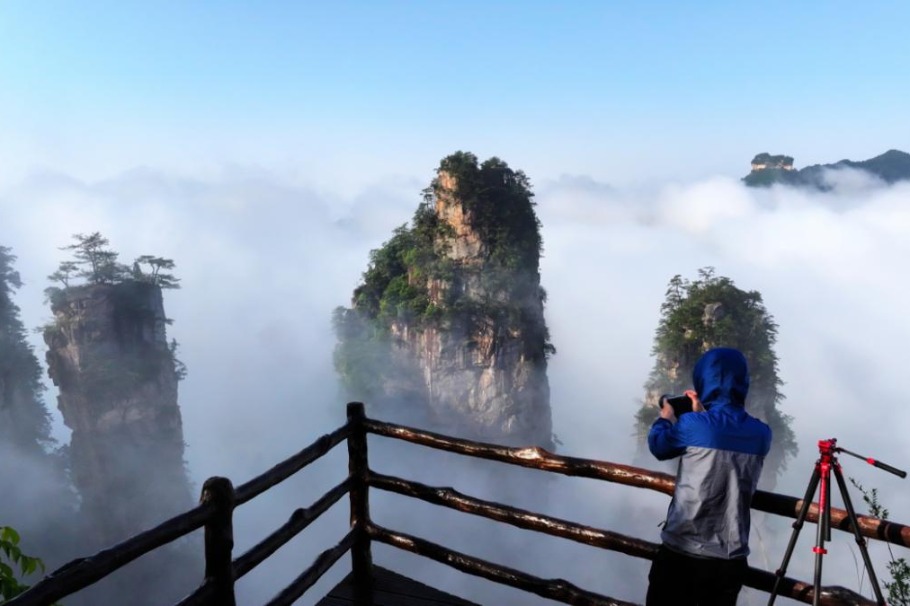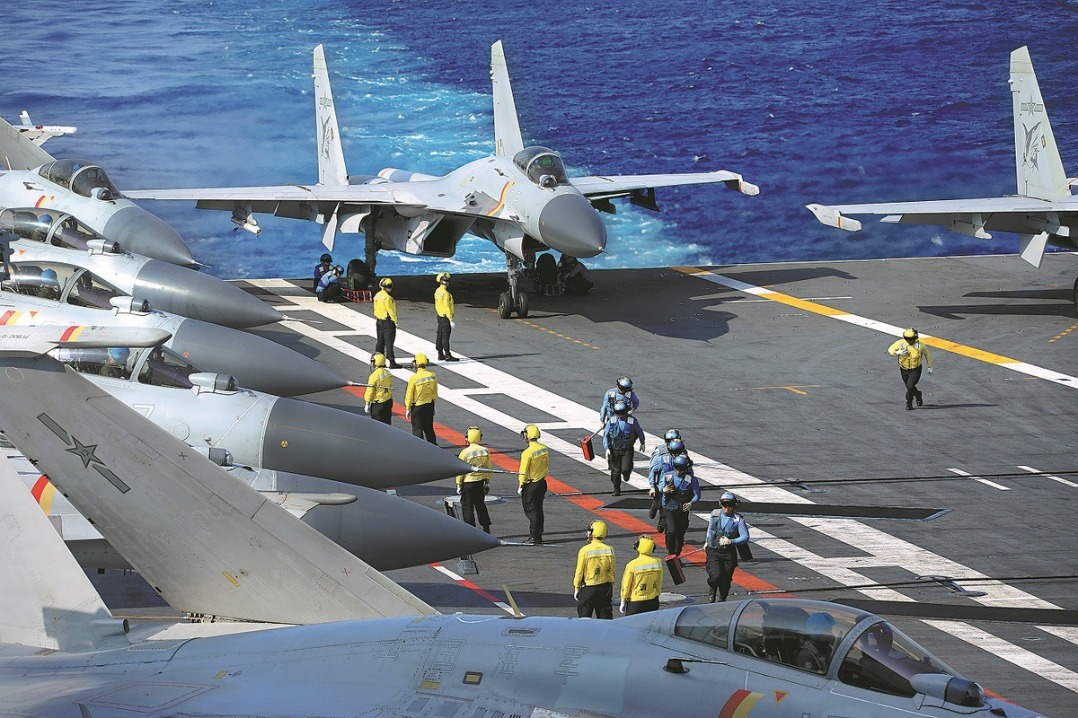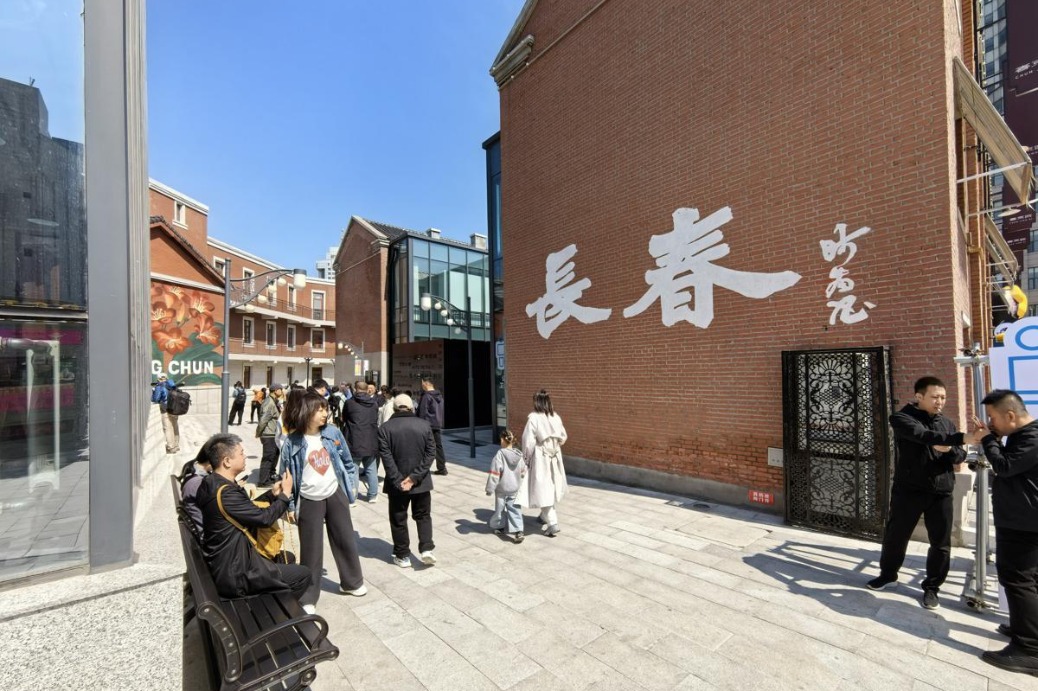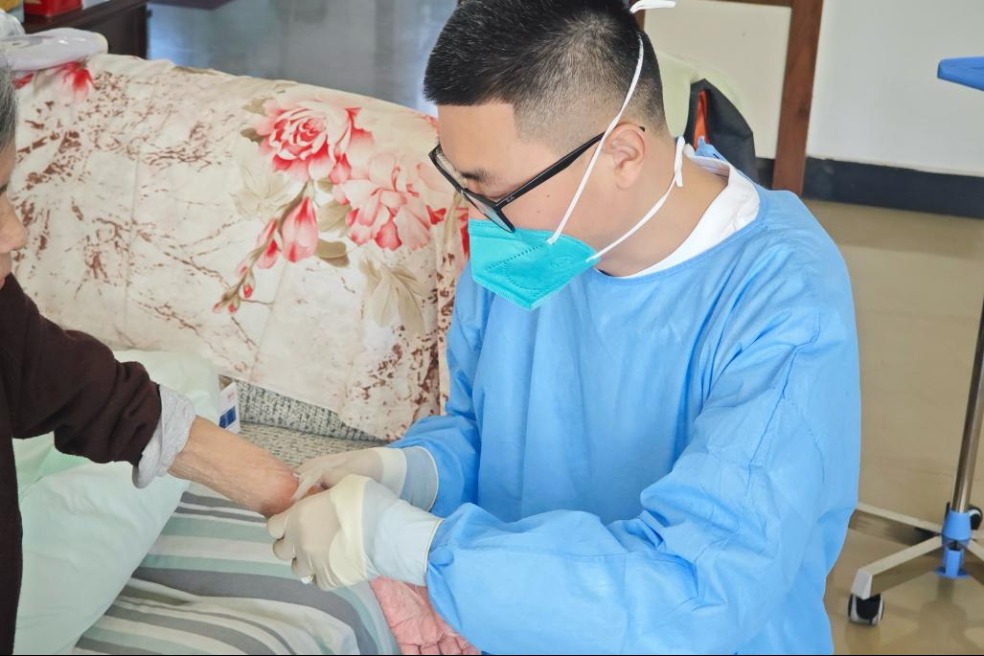Washington's provocative visits to Taiwan slammed

The United States is heading down a slippery slope after a visit to Taiwan on Tuesday by a group of US Congress members, experts said. They added that the visit demonstrates that Washington is seeking to normalize diplomatic interactions with Taiwan through de facto "official" visits, thus severely damaging China-US relations and peace and stability in the Taiwan Straits.
On Tuesday, a US Navy C-40A military transport plane carrying the US lawmakers, including Republican Senators John Cornyn of Texas and Tommy Tuberville of Alabama, made an unannounced visit to the island. Pentagon spokesman John Kirby later confirmed the trip, which has received a strong backlash from Beijing.
Kirby said on Wednesday that it was the second such congressional trip to Taiwan this year. He called the visit "fairly routine" and said it was "not uncommon for them to be transported on US military aircraft".
Zhu Fenglian, a spokeswoman for the State Council Taiwan Affairs Office, said on Wednesday that China opposes the US having any form of diplomatic and military interactions with Taiwan, and the US should stop sending the wrong message to Taiwan separatist forces.
"Taiwan secession means the end of peace and the onset of calamities," she said. "We hope the vast majority of Taiwan compatriots can open their eyes and don't become the victims of Taiwan separatist forces."
Foreign Ministry spokesman Wang Wenbin said on Wednesday that the US colluding with Taiwan separatist forces is a dangerous game that will ultimately backfire.
"Any adventurism and provocation against China's irresistible trend of reunification is futile and doomed to fail," he said.
Senior Colonel Tan Kefei, spokesman for the Ministry of National Defense, said in a statement on Tuesday that the visit by the US lawmakers has blatantly interfered in China's domestic affairs, and has seriously undermined China's territorial sovereignty and peace and stability in the Taiwan Straits.
"We solemnly urge the US to immediately stop its provocative actions, and stop any disruptive actions that can escalate tension in the region," he said. "The People's Liberation Army will remain on high alert, and will take all actions necessary to thwart any ploys by foreign powers and Taiwan secessionist forces."
Meanwhile, the PLA Eastern Theater Command said in a statement on Tuesday that it organized a joint combat readiness patrol in the direction of the Taiwan Straits on the same day to further examine and improve the joint combat capability of its forces.
Senior Colonel Shi Yi, spokesman for the theater command, said this military action was targeted at "gravely erroneous actions and rhetoric" by certain countries and recent secessionist activities by Taiwan separatist forces.
Tang Yonghong, deputy director of the Taiwan Research Center of Xiamen University in Fujian province, said that in recent years the US has passed several pieces of legislation that encourage diplomatic interactions with the island. Therefore, similar visits by US politicians will likely increase in the future, Tang said.
"We have to carefully evaluate the nature of these interactions and react accordingly based on their impact on the one-China principle and China's core interests," he said.
Tang said the US' long-term objective is to compete with China and contain its rise. Therefore, it is willing to play the Taiwan card to gain more geopolitical leverage against China, but it also wants to maintain a degree of strategic ambiguity to ensure the situation doesn't get out of control.
Strategic ambiguity refers to a carefully managed diplomatic position in which Washington deliberately keeps the Chinese mainland and Taiwan guessing about its true intention regarding the Taiwan question.
Li Haidong, a professor of US studies at China Foreign Affairs University, said the claim by the administration of US President Joe Biden of supporting the one-China policy is "highly deceptive", because the administration has been actively undermining China's territorial sovereignty by calling for Taiwan's participation in the United Nations.
"The US executive branch used to enjoy some diplomatic flexibility in regard to the Taiwan question by hiding behind its strategic ambiguity," he said. "But the recent visits by US lawmakers to the island are proof that the US Congress, which is overwhelmingly in favor of building a more robust relationship with the island, is dictating the White House's China-related policy. This is a very dangerous trend."
A Beijing-based military observer, who requested anonymity, said the US is reshaping its decades-old policy framework of strategic ambiguity regarding the Taiwan question into "strategic autonomy", meaning it hopes to gain more leverage to unilaterally react to the changing geopolitical dynamic in the region without drastically altering the status quo.
"There has been a robust but fruitless debate in the US on whether it should adhere to its strategic ambiguity, or just ditch the facade and clarify its position regarding Taiwan," he said. "But given the high stakes involved, it is more likely that the US would tread a fine line between strategic ambiguity and clarity, and focus on bolstering its own capability in managing risks in the Taiwan Straits."
- Drones plant seedlings in Beijing's Three-North Shelterbelt project
- Shanghai hosts festival celebrating civilized lifestyle
- Former CNPC chairman jailed 13 years, fined for bribery
- Multicolored fountain show lights up Changchun evenings
- Shanghai's North Bund to develop innovation and emerging industries
- Shanghai Science Festival to showcase city's achievements, innovation





































